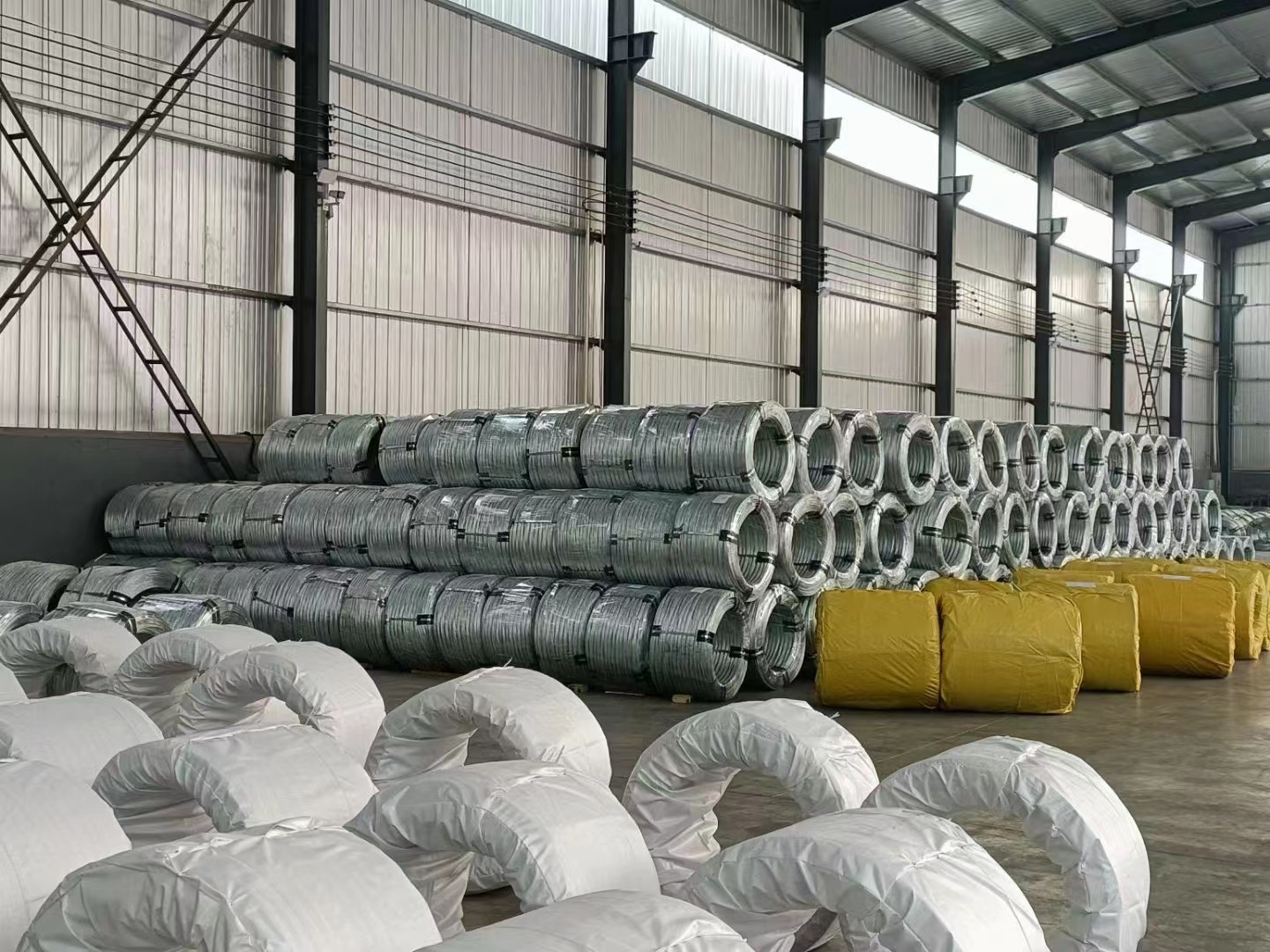Introducing our top-of-the-line Electric and Hot Dip Galvanized Wire, designed to meet the highest industry standards and provide exceptional performance in various applications. Crafted with precision and expertise, our wire is meticulously galvanized to ensure maximum corrosion resistance, making it ideal for outdoor use and harsh environments. Its electric properties guarantee efficient conductivity and reliable performance, making it an excellent choice for electrical wiring, fencing, and construction projects. With its superior strength and durability, our Electric and Hot Dip Galvanized Wire is the perfect solution for professionals seeking a long-lasting and reliable wire option. Trust in our product to deliver exceptional results every time.
Electric and hot dip Galvanized Wire
1. Definition and Differences
Electric galvanized wire and hot dip galvanized wire are two types of galvanized wire used in various industries. The main difference between them is the method of galvanization.
Electric galvanized wire is coated with zinc through an electroplating process. The wire is immersed in a zinc solution, and an electric current is passed through it, causing the zinc to bond to the wire's surface.
Hot dip galvanized wire, on the other hand, is coated with zinc by dipping the wire into a molten zinc bath. The wire is heated to a high temperature, and then it is immersed in the zinc bath, where the zinc adheres to the wire's surface.
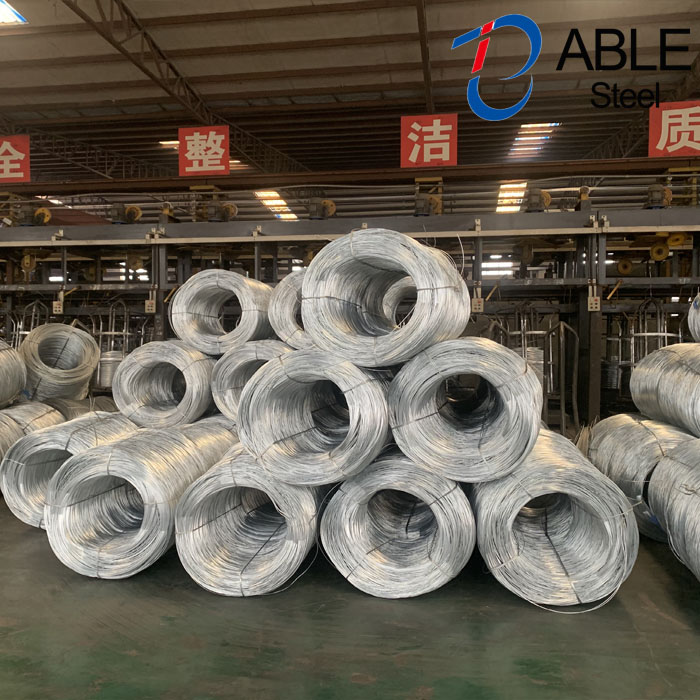
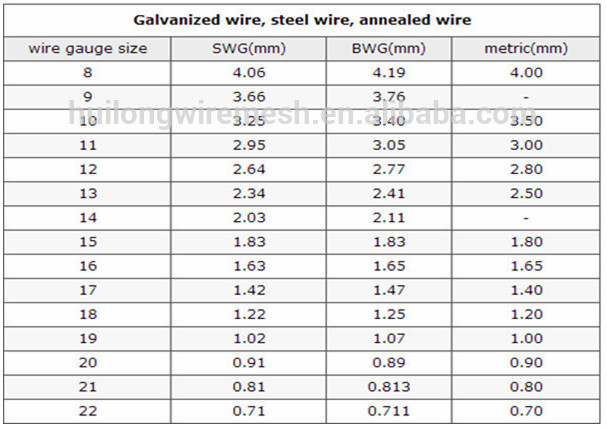
2. Advantages and Disadvantages
Electric galvanized wire is less expensive than hot dip galvanized wire, making it a popular choice for applications where cost is a significant factor. It also has a more uniform coating than hot dip galvanized wire, which can be an advantage in some applications.
However, electric galvanized wire has a thinner coating than hot dip galvanized wire, making it less durable and more susceptible to corrosion. It is not recommended for use in harsh environments or applications where the wire will be exposed to moisture or chemicals.
Hot dip galvanized wire, on the other hand, has a thicker coating that provides better protection against corrosion and rust. It is more durable and can withstand harsh environments and exposure to moisture and chemicals.
However, hot dip galvanized wire is more expensive than electric galvanized wire, making it less attractive for applications where cost is a significant factor. It also has a less uniform coating than electric galvanized wire, which can be a disadvantage in some applications.
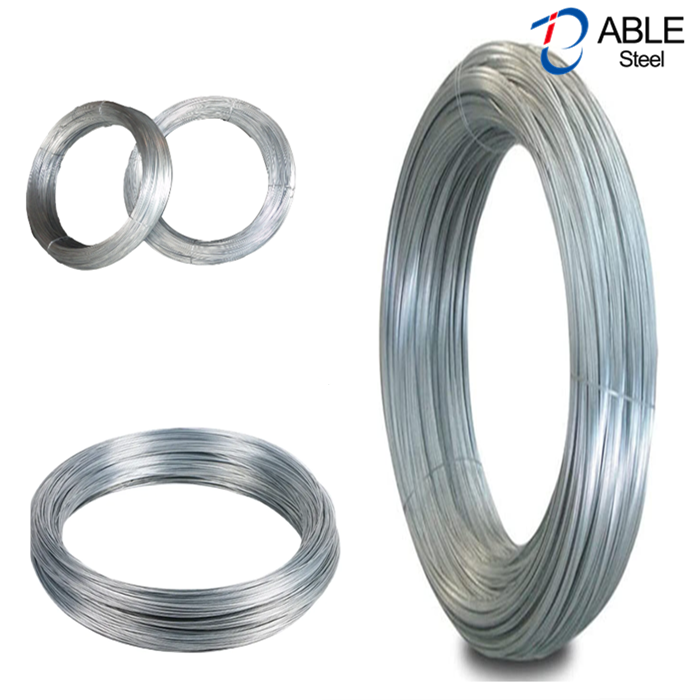
3. Applications
Electric galvanized wire is commonly used in applications where cost is a significant factor, such as in the construction industry for fencing,
WIRE MESH, and other applications. It is also used in the manufacturing of various products, including automotive parts, appliances, and electronics.
Hot dip galvanized wire is commonly used in applications where durability and corrosion resistance are essential, such as in marine environments, agricultural applications, and construction projects. It is also used in the manufacturing of various products, including wire ropes, springs, and fasteners.
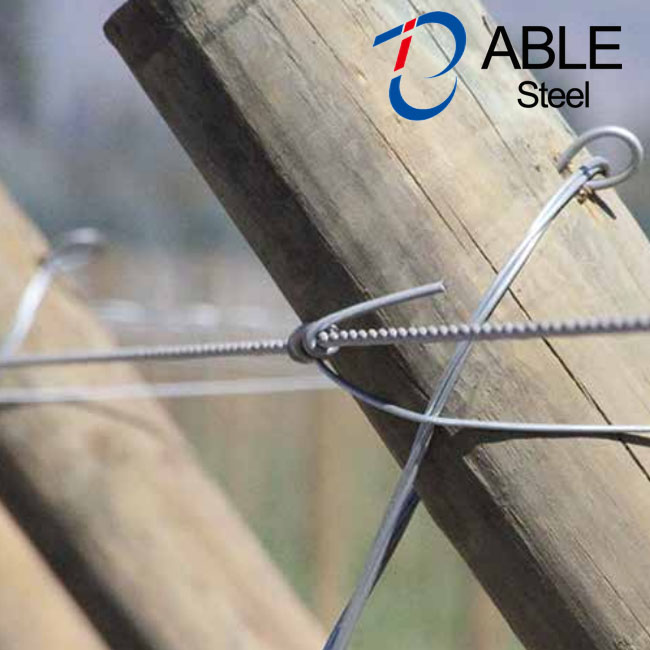
4. Packing:
A: Wrapped by plastic films inside, then wrapped by polyester woven bag outside
B: Wrapped by plastic films inside, then wrapped by hession cloth outside
